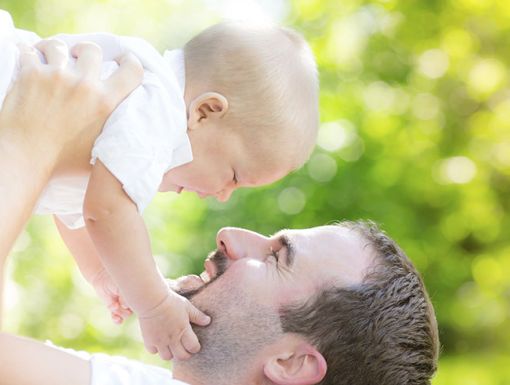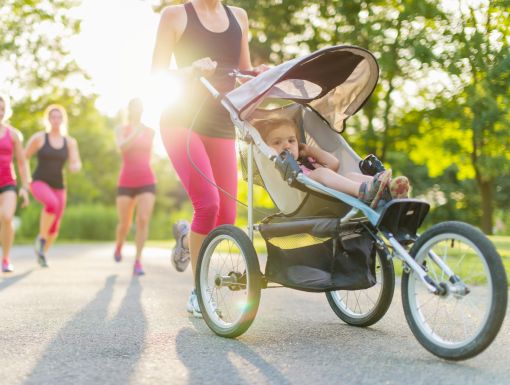
Do Kids Like Men With Beards?
Attention hipsters and other bearded fellows: Adults might think your beard makes you look cool, but young children give it a thumbs down.
A study that tested the opinions of 470 children, ages 2 through 17, and 164 adults between the ages of 18 through 21 found that "younger children, older children, and young adolescents did not associate beardedness with attractiveness." The 2019 assessment of children's judgments of facial hair was published in the medical journal "Evolution and Human Behavior", and led by Nicole Nelson of the School of Psychology at the University of Queensland, Australia.
As part of the study, clinical leads showed study participants photos, one of a man with a beard and one who was clean-shaven. They asked the participants which man looked stronger, older, most like a man, most like a dad and best overall. The results demonstrated that younger children, older children, and early adolescents were all less likely than adults to select the bearded face when asked which looked best. Late adolescents and adults were similarly likely to choose the bearded face.
But it's not all bad news for bearded daddies. Researchers found that children of men with beards had more positive reactions to facial hair than children of dads who were clean-shaven during the study. Additionally, while children might not think they look so great, young children perceive men with beards as strong and manly. Researchers observed kids as young as two associating beardedness with dominance traits and linking bearded faces with masculinity, strength, and age.
The findings of this study are fascinating, especially from a bearded pediatrician's standpoint. Still, I wouldn't break out the razors and shaving cream just yet. The investigators compared pictures of men initially clean-shaven and then after 4-8 weeks of natural beard growth. Some of the research examining attitudes toward beards has investigated gradients of hair growth from a few days of stubble to full Grizzly Adams. It found that all beard lengths do not get the same response.
One explanation for the University of Queensland study results: Younger children taken care of mostly by women might be more accustomed to female faces. The study results indicated that this increased exposure to female faces might bias preferences toward feminine looks in young children.
However, kids' attitudes toward beards seem to soften up when they hit puberty. Nelson and her team observed that for adolescents, judgments of beards reflecting masculinity, strength, fathering skills, and attractiveness increased significantly from early to late adolescence.
I think that the biggest takeaway from the study is the improved attitude toward beards in children who have exposure to bearded men in their life. It shows the power that we all have to shape the perceptions that young people have. So, all of you bearded dads, uncles, grandfathers, teachers, coaches, and even pediatricians, go out and be the best beard ambassadors that you can!
Editors note: This article was originally published on Sep 1, 2019.
Helping Kids Be Their Healthiest Selves. Find an Ochsner pediatrician near you.


